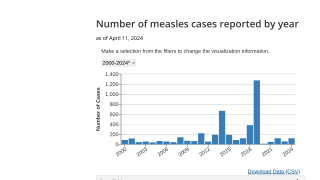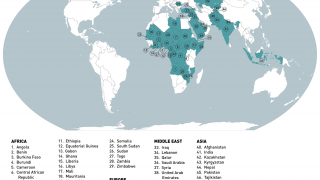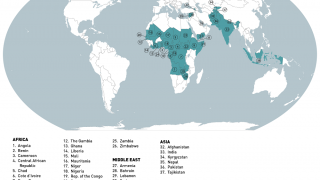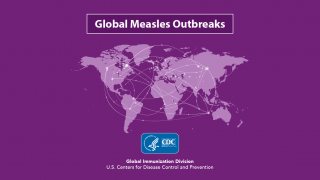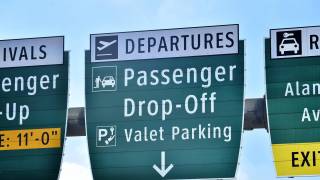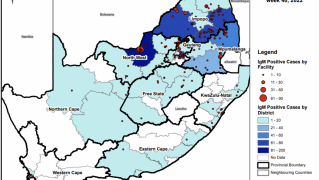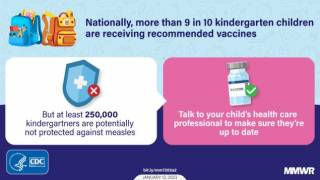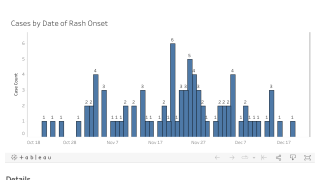The CDC Takes Over Disease Quarantines
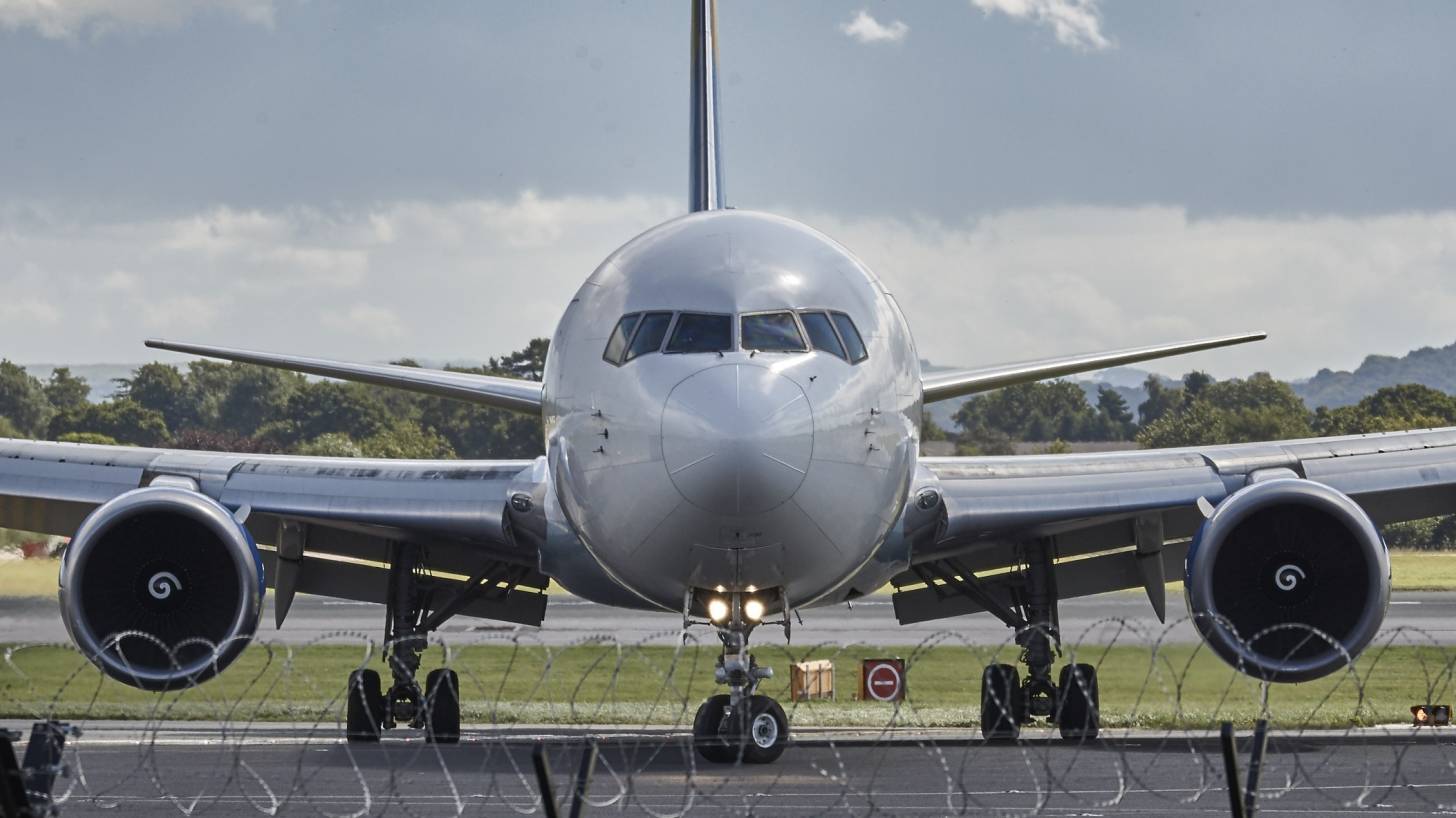
The Department of Health and Human Services (HHS) and the Centers for Disease Control and Prevention (CDC) published the final rule for the Control of Communicable Diseases on January 19th, 2017.
This new CDC rule includes amendments to the domestic (interstate) and foreign quarantine regulations for the control of communicable diseases.
This new quarantine rule goes into effect on February 21, 2017.
The authority for managing these functions on a daily basis has been assigned to the Centers for Disease Control and Prevention (CDC).
Moreover, this rule enables the federal government to restrict interstate travel during a suspected disease outbreak.
Federal quarantines are authorized to stop the spreading of communicable diseases, such as:
- Cholera
- Diphtheria
- Infectious tuberculosis
- Plague
- Smallpox
- Yellow fever
- Viral hemorrhagic fevers
- Severe acute respiratory syndromes
- Flu that can cause a pandemic
The new rules give the CDC significant in-house oversight of the decision to quarantine, with up to three layers of internal agency review. This internal review process has no explicit time limit.
But the CDC said the final rule does not "expand CDC's authority beyond what is granted by Congress."
Traditionally, states controlled quarantines through health departments. States have police power functions to protect the health, safety, and welfare of persons within their borders. To control the spread of disease within their borders, states have laws to enforce the use of isolation and quarantine.
These laws can vary from state to state.
In most states, breaking a quarantine order is a criminal misdemeanor.
The federal government derives its authority for isolation and quarantine from the Commerce Clause of the U.S. Constitution. Federal isolation and quarantine are authorized by Executive Order of the President.
Under section 361 of the Public Health Service Act (42 U.S. Code § 264), the U.S. Secretary of HHS is authorized to take measures to prevent the entry and spread of communicable diseases from foreign countries into the United States and between states.
In addition, the domestic portion of this new rule has:
- reporting requirements for commercial passenger flights of death or illness to CDC,
- a provision allowing for implementation of travel restrictions and issuance of travel permits by CDC for individuals under Federal quarantine,
- isolation, or conditional release orders,
- or in response to a state or local request for assistance; and new regulatory language clarifies when an individual who is moving between U.S. states is “reasonably believed to be infected” with a quarantinable communicable disease in a “qualifying stage.”
Our Trust Standards: Medical Advisory Committee










